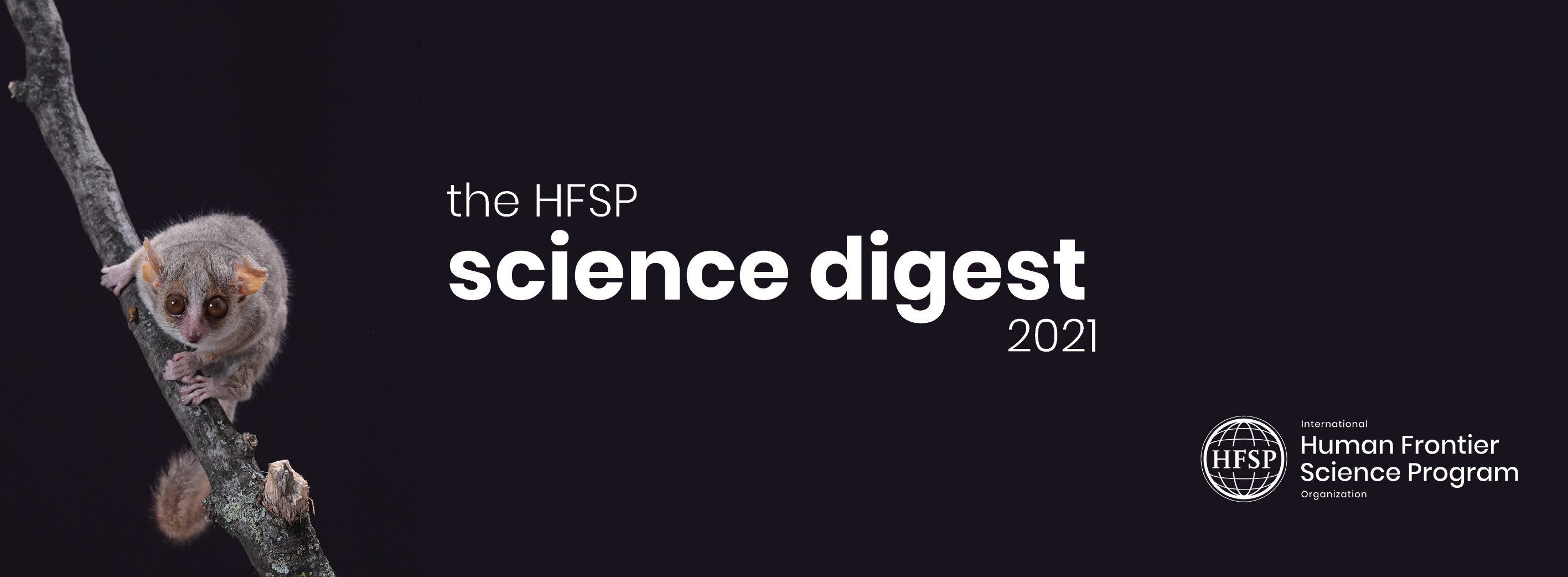Science Digest seeks to provide a comprehensive overview of recent HFSP supported research by featuring the main projects in basic life science research, supported by HFSP. The digest serves as a new tool to increase knowledge sharing and visibility of innovative studies that are literally pioneering new frontiers. The Science Digest was issued as part of an HFSP strategic goal to increase visibility for basic research in the life sciences.

“It is very important to share the scientific knowledge that is produced by these collaborative teams from around the world,” said Pavel Kabat, HFSP Secretary General. “Our awardees are making the most remarkable discoveries in the biological sciences and neuroscience. Their research studies fuel high-value innovations and create life-saving treatments that benefit people around the globe.”
The scientific publication with the HFSP seal has just been published in an open access digital format that can be accessed via: https://www.hfsp.org/node/74580#book/ The 50-plus page volume details the main research projects supported by the HFSP that reached successfully concluded in 2021 despite the constraints caused by COVID-19.
Topics such as bioengineering, cancer, cognition, ecology adaption, brain development and activity, visual information processing, synapses, and behavioural studies are highlighted in this new HFSP publication, which also emphasizes the main research methodologies and fields of analysis of the HFSP awardees. HFSP scientific directors selected the topics to publish in Science Digest through an exhaustive and rigorous process of revising the finalized research projects and scientific outcomes. In this first edition, a special section emphasizes contemporary research projects in neurosciences carried out by scientists supported by the HFSP.
The Human Frontier Science Program was founded in 1989 to advance international research and training at the frontier of the life sciences. Its aims are to promote intercontinental collaboration and training in cutting-edge, interdisciplinary research focused on the life sciences. HFSP receives financial support from the governments or research councils of Australia, Canada, France, Germany, India, Israel, Italy, Japan, the Republic of Korea, New Zealand, Singapore, Switzerland, the UK, the USA, as well as from the European Commission. With its collaborative research grants and postdoctoral fellowships, the program has issued over 4,500 awards involving more than 7,500 scientists from all over the world. Since the beginning of the Program, 28 HFSP awardees have gone on to win the Nobel Prize.


































